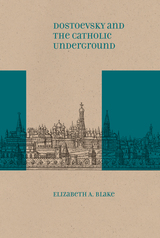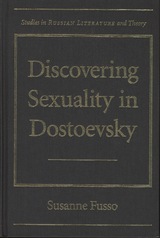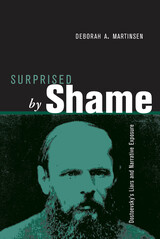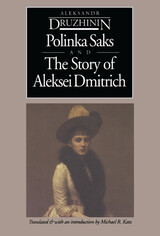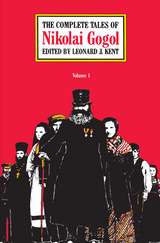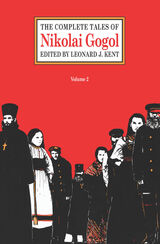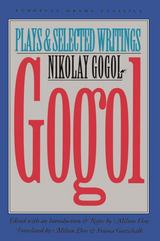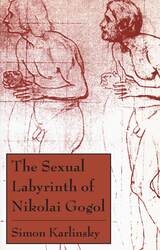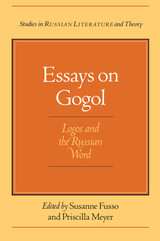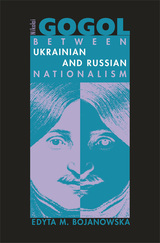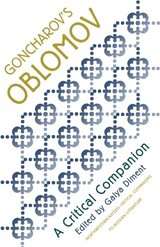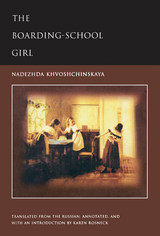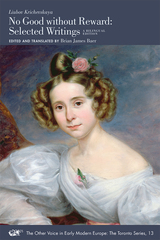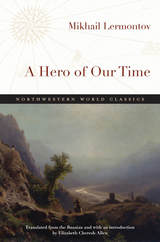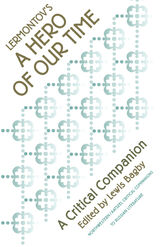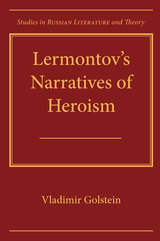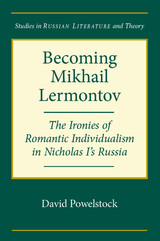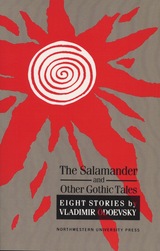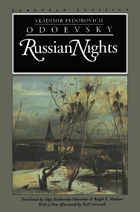Cloth: 978-0-674-17565-5 | Paper: 978-0-674-17564-8
Library of Congress Classification PG3335.Z8F3
Dewey Decimal Classification 891.78309
Nikolai Gogol, Russia’s greatest comic writer, is a literary enigma. His masterworks—“The Nose,” “The Overcoat,” The Inspector General, Dead Souls—have attracted contradictory labels over the years, even as the originality of his achievement continues to defy exact explanation.
Donald Fanger begins by considering why this should be so, and goes onto survey what Gogol created, step by step: an extraordinary body of writing, a model for the writer in Russian society, a textual identity that eclipses his scanty biography, and a kind of fiction unique in its time.
Drawing on a wealth of contemporary sources, as well as on everything Gogol wrote, including journal articles, letters, drafts, and variants, Fanger explains Gogol’s eccentric genius and makes clear how it opened the way to the great age of Russian fiction. The method is an innovative mixture of literary history and literary sociology with textual criticism and structural interrogation. What emerges is not only a framework for understanding Gogol’s writing as a whole, but fresh and original interpretation of individual works.
A concluding section, “The Surviving Presence,” probes the fundamental nature of Gogol’s creation to explain its astonishing vitality. In the process a major contribution is made to our understanding of comedy, irony, and satire, and ultimately to the theory of fiction itself.
See other books on: 1809-1852 | Creation | Fanger, Donald | Gogolʹ, Nikolaĭ Vasilʹevich | Nikolai Gogol
See other titles from Harvard University Press

